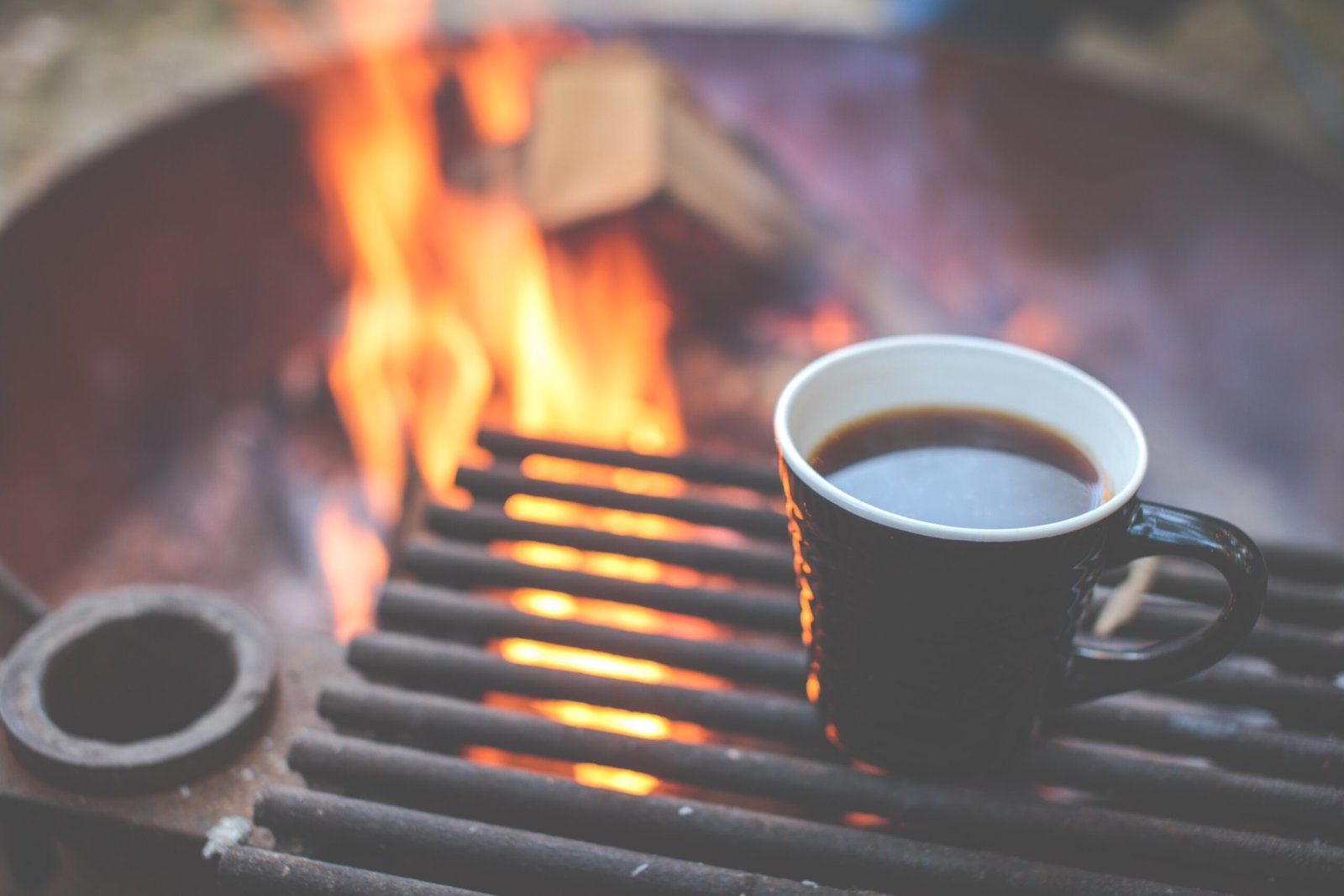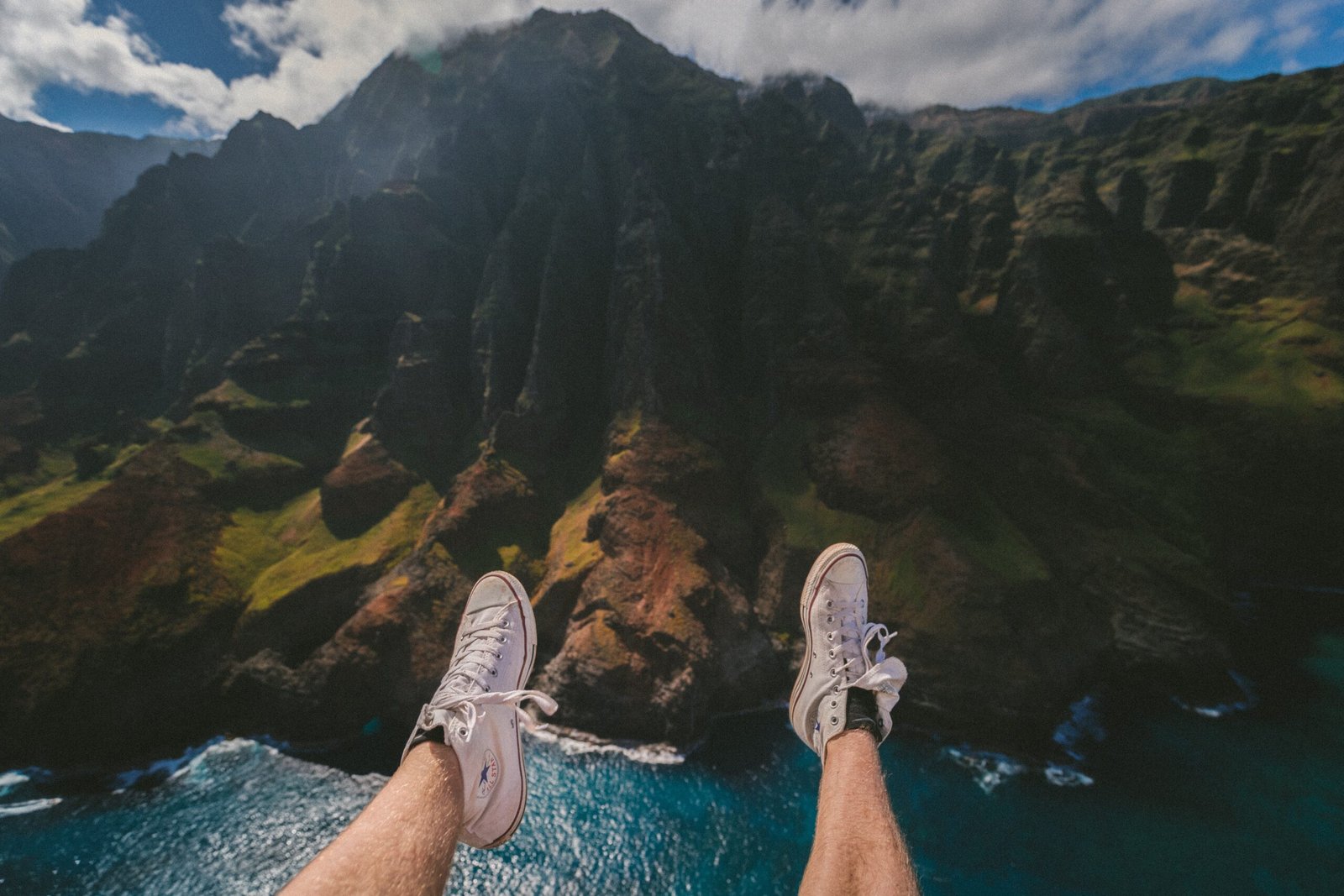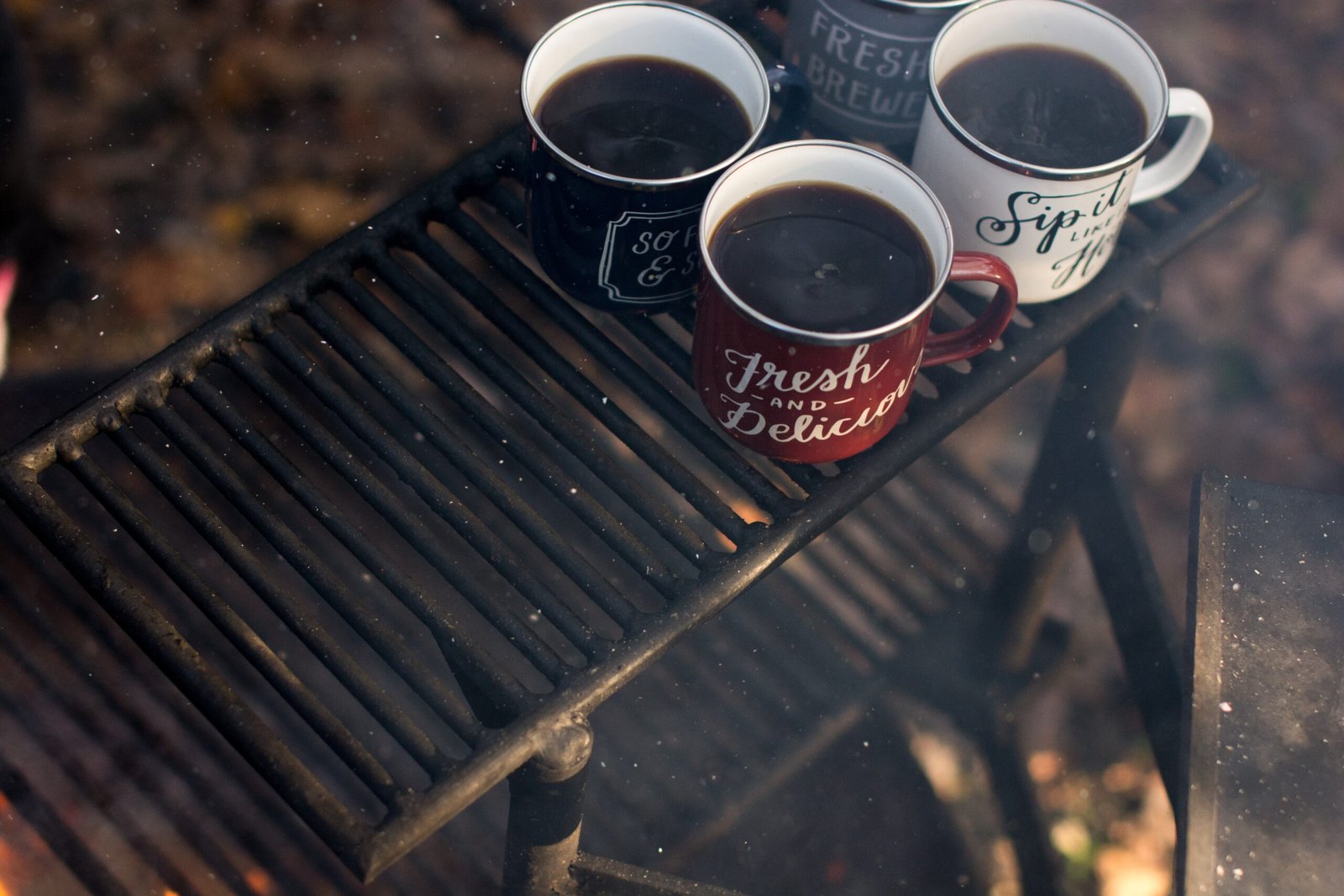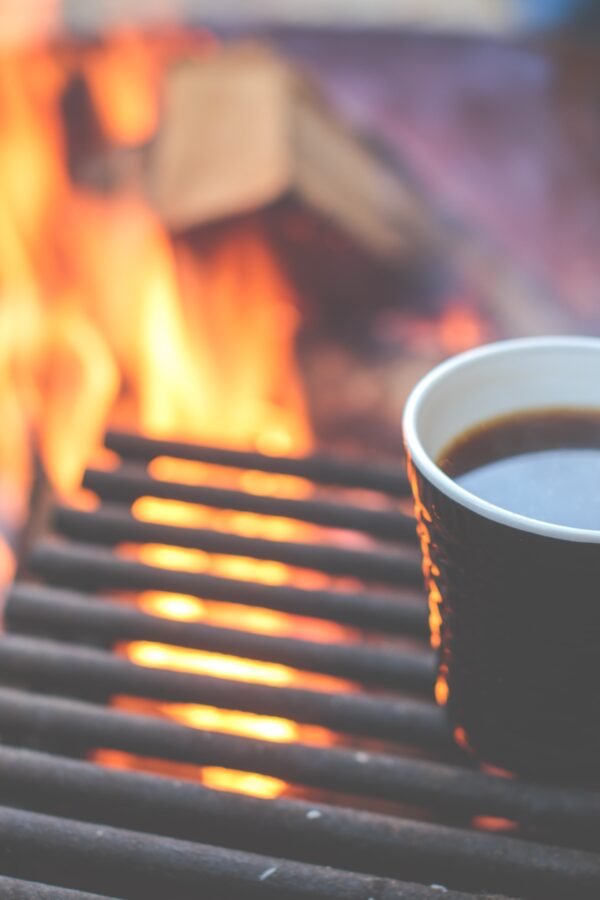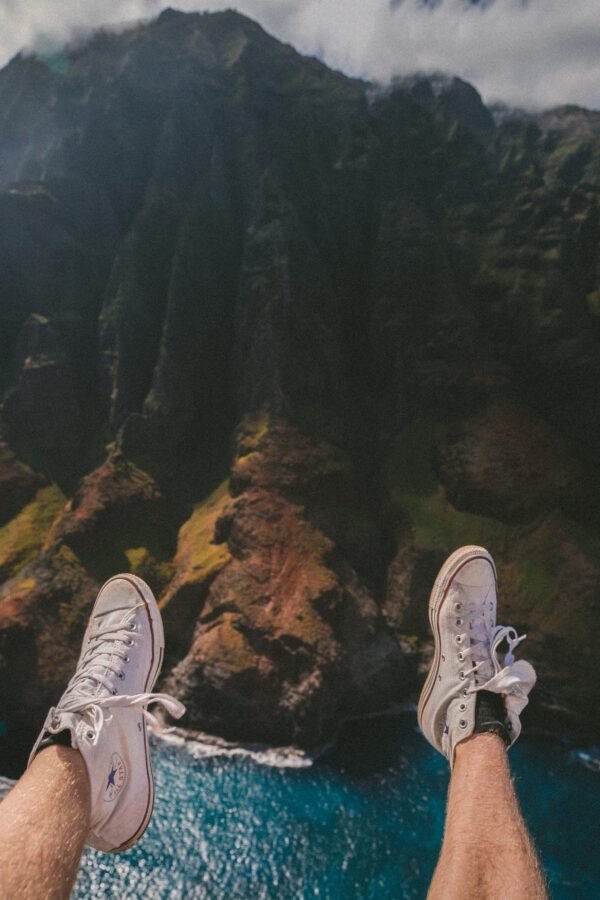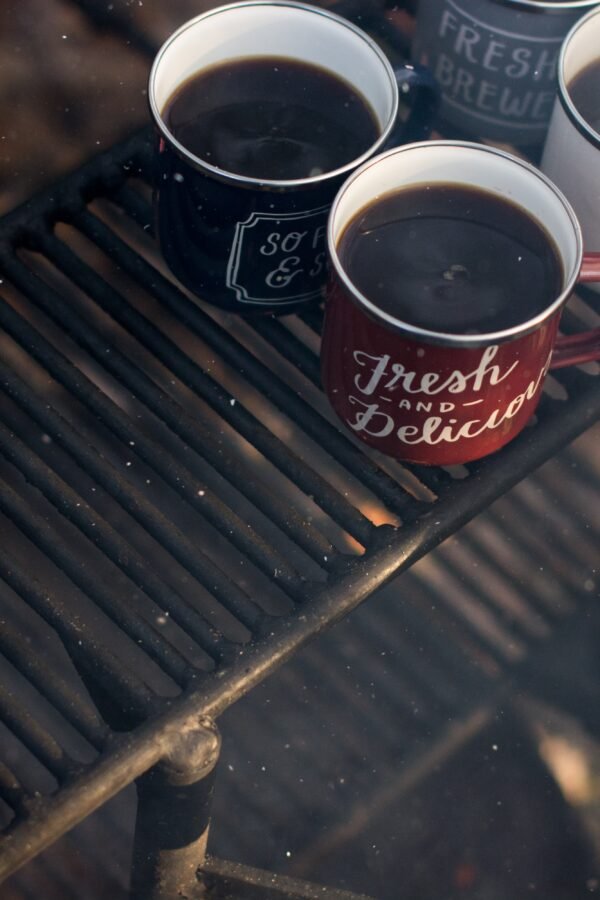Are you ready to embark on an exciting adventure in the great outdoors? If you’re new to camping or looking to refresh your gear, Tutti Camping is here to help! Our comprehensive guide, “Camping What Do I Need,” is your one-stop resource for all things camping. From must-have equipment to essential tips and tricks, we’ve got you covered. Get ready to immerse yourself in the enchanting world of camping, where nature’s beauty awaits at every turn.
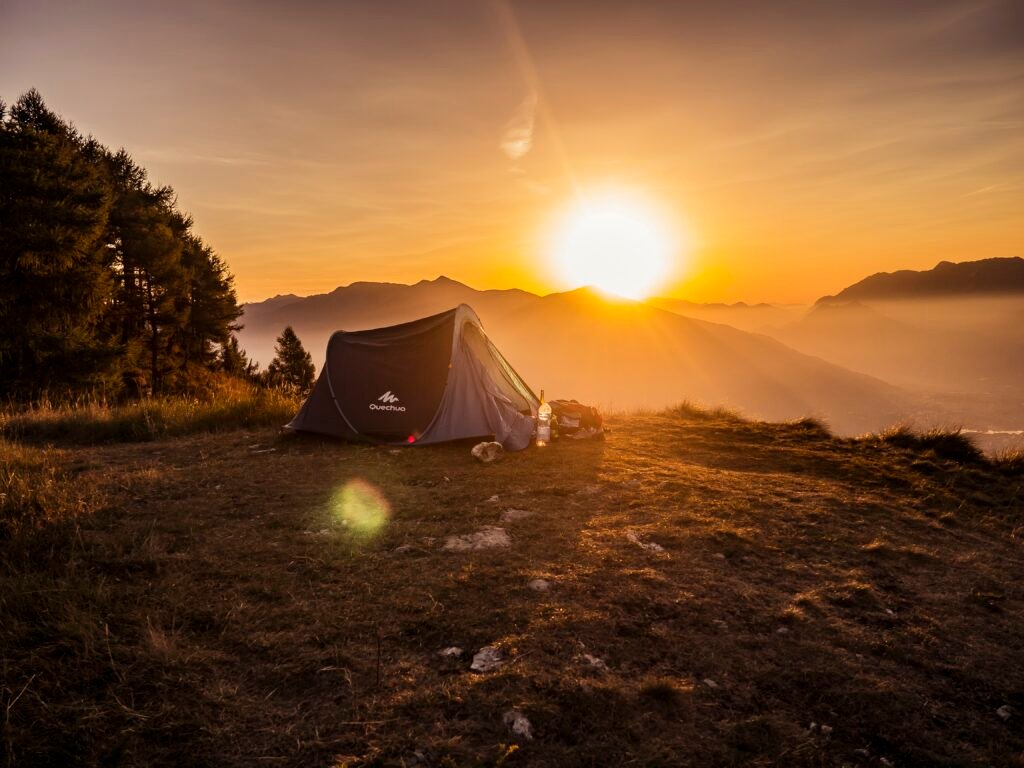
Shelter and Sleeping Essentials
Tent
One of the most important items to bring on your camping trip is a tent. A tent provides you with a safe and comfortable place to sleep and protects you from the elements. When choosing a tent, consider the size, weight, and durability. Make sure it is big enough to accommodate you and your camping partners, and has a rainfly to keep you dry during rainy weather.
Sleeping Bags
To have a good night’s sleep while camping, a high-quality sleeping bag is essential. Choose a sleeping bag that is suitable for the weather conditions you will be camping in. Look for a sleeping bag with a temperature rating that matches the lowest temperature you expect to encounter. Additionally, consider the size and weight of the sleeping bag for easy transport.
Sleeping Pads or Air Mattresses
Although a sleeping bag provides insulation from the ground, it may not be enough to keep you comfortable. Sleeping pads or air mattresses offer extra cushioning and insulation, ensuring a more restful sleep. Sleeping pads are lightweight and easy to pack, while air mattresses provide a more luxurious sleeping experience.
Pillows
Don’t forget to bring pillows for added comfort while sleeping. Camping pillows are specially designed to be compact and lightweight, making them perfect for outdoor adventures. If you prefer a more familiar pillow, consider bringing one from home.
Blankets or Liners
In colder weather or for extra warmth, blankets or liners can be a valuable addition to your sleeping setup. They provide an additional layer of insulation and can make a significant difference in maintaining a comfortable temperature throughout the night.
Tarp or Groundsheet
To protect the bottom of your tent from sharp objects, moisture, and dirt, a tarp or groundsheet is highly recommended. It acts as a barrier between the tent floor and the ground, helping to extend the lifespan of your tent and keep it clean. Additionally, a tarp can be used as a makeshift shelter or to create an extra covered area outside your tent.
Cooking and Dining Equipment
Camp Stove
A camp stove is an essential piece of equipment for cooking delicious meals in the great outdoors. Look for a lightweight and portable stove that can be easily set up and ignited. Choose a stove that suits your cooking needs, whether it’s a simple one-burner stove or a larger multi-burner stove.
Cookware (Pots, Pans, Skillets, etc.)
When it comes to cookware, opt for lightweight and durable options that are specifically designed for camping. Look for pots, pans, and skillets made from materials such as stainless steel or aluminum, as they are both lightweight and easy to clean.
Utensils (Knives, Spoons, Forks, etc.)
Pack a set of utensils that includes knives, spoons, forks, and other necessary tools for cooking and eating. Choose utensils made from durable and lightweight materials such as stainless steel or plastic. Don’t forget a can opener for easy access to canned food.
Plates, Bowls, and Cups
To enjoy your meals while camping, bring plates, bowls, and cups that are lightweight and easy to pack. Look for options made from materials like melamine or plastic, as they are durable and resistant to breaking.
Cooler or Ice Chest
If you plan on bringing perishable food or drinks, a cooler or ice chest is a must-have. This will help keep your food fresh and prevent spoilage. Opt for a cooler with good insulation and consider using ice packs or blocks of ice to keep your items cold for longer periods.
Cutting Board
A cutting board is a handy item to have for meal preparation. Look for a durable and portable cutting board that can be easily transported to your campsite.
Can Opener
A can opener is an essential tool for opening canned goods. Choose a compact and lightweight can opener that will easily fit into your camping kitchen setup.
Camping Coffee Maker
For coffee enthusiasts, a camping coffee maker is a must. Look for options that are lightweight, portable, and easy to use. Consider a device that doesn’t require electricity for convenience.
Dish Soap and Sponge
To keep your cookware and utensils clean, pack some dish soap and a sponge. Opt for biodegradable dish soap to minimize the impact on the environment. Remember to wash dishes at least 200 feet away from water sources to avoid contamination.
Trash Bags
Always bring trash bags to properly dispose of any waste generated during your camping trip. This helps to keep the campsite clean and minimize your impact on the environment.
Campfire Supplies
Firewood or Firestarter
If you plan on having campfires, you’ll need firewood or firestarters to get the flames going. Collecting firewood from the surrounding area may not be allowed in certain campsites, so it’s essential to bring your own firewood or firestarters.
Matches or Lighter
To safely light your campfire, pack matches or a reliable lighter. Keep them in a waterproof container to ensure they stay dry in case of rain.
Fire Pit or Ring
A fire pit or ring provides a designated area for containing your campfire. It helps prevent accidental fires and protects the ground from damage. Check with the campsite rules to see if fire pits or rings are already provided, or if you need to bring your own.
Fire Extinguisher
As part of fire safety, always have a fire extinguisher readily available at your campsite. Familiarize yourself with its usage and keep it in an easily accessible location.
Firewood Processing Tools (Axe, Saw, etc.)
If you plan on collecting firewood from the surrounding area, bring appropriate firewood processing tools such as an axe or saw. These tools will help you safely and efficiently prepare firewood for your campfire.
Grill Rack or BBQ Tools
If you prefer cooking over an open flame, consider bringing a grill rack or BBQ tools to enhance your camping cooking experience. These tools allow you to grill food and add variety to your meals.
Food and Water
Non-Perishable Food
When planning meals for your camping trip, consider bringing non-perishable food items that are easy to store and prepare. Canned goods, dried fruits, nuts, and snacks are great options. Don’t forget to bring enough food to sustain you throughout your camping adventure.
Snacks
Pack a variety of snacks to keep you fueled and energized during your outdoor activities. Granola bars, trail mix, and dried fruit are excellent choices. Avoid bringing snacks that may melt or perish easily in warm weather.
Drinking Water or Water Filter
Access to clean drinking water is crucial during a camping trip. Pack enough drinking water to last the duration of your stay or bring a water filter to treat water from natural sources such as streams or lakes. Make sure you research water sources in the area beforehand to ensure they are safe for consumption.
Cooler or Ice Packs
If you have perishable food or beverages, a cooler or ice packs are essential to keep them fresh. The cooler helps maintain a cool environment, preventing spoilage and ensuring food safety.
Campfire Cooking Ingredients (Seasonings, Oil, etc.)
Enhance your camping meals by bringing along your favorite seasonings, cooking oil, and other ingredients. This allows you to add flavor to your dishes and make your camping cooking experience more enjoyable.

Clothing and Personal Items
Appropriate Clothing for Weather
Pack appropriate clothing based on the weather conditions you expect during your camping trip. Layering is key, as it allows you to adjust your clothing according to temperature changes. Bring clothing suitable for both warm and cold weather, including T-shirts, long-sleeved shirts, sweaters, jackets, and pants.
Extra Layers
Bringing extra layers, such as fleece jackets or vests, is a smart move in case the temperature drops unexpectedly. Layering your clothing helps trap heat and provides insulation for added warmth.
Rain Gear
Be prepared for rain showers by packing rain gear such as waterproof jackets, pants, and boots. This will help keep you dry and comfortable during wet weather.
Sturdy Shoes or Hiking Boots
Ensure you have appropriate footwear for your camping trip. Sturdy shoes or hiking boots with good traction are essential for hiking and navigating rough terrain. Make sure your footwear is broken in before your trip to avoid discomfort and blisters.
Sun Protection (Hat, Sunglasses, Sunscreen)
Protecting yourself from the sun’s rays is vital while camping. Bring a wide-brimmed hat, sunglasses, and sunscreen with a high SPF rating. Apply sunscreen regularly to prevent sunburns and protect your skin from harmful UV rays.
Insect Repellent
Bugs are a common annoyance while camping, so it’s essential to bring insect repellent. Choose a repellent that is effective against mosquitos, ticks, and other pests. Consider using natural or DEET-free options if you have specific preferences or concerns.
Toiletries (Toothbrush, Toothpaste, etc.)
Don’t forget your toiletries for personal hygiene. Pack essentials like a toothbrush, toothpaste, soap, shampoo, and any other items you typically use for your daily routine. Opt for biodegradable toiletries to minimize environmental impact.
Towels and Washcloths
Bring towels and washcloths for personal hygiene and cleaning purposes. Quick-drying microfiber towels are lightweight and ideal for camping. Remember to bring separate towels for bathing and cleaning to maintain hygiene.
First Aid Kit
A well-stocked first aid kit is indispensable for any camping trip. Include items such as band-aids, antiseptic ointment, gauze pads, adhesive tape, pain relievers, and any specific medications or treatments you may require. Familiarize yourself with the contents of the kit and how to use them before your trip.
Medications
If you take any prescription medications, pack enough for the duration of your camping trip. Additionally, bring over-the-counter medications for common ailments like headaches, allergies, stomach upsets, and motion sickness.
Personal ID and Emergency Contact Information
Always carry your personal identification documents and have emergency contact information readily available. In case of emergency, this will ensure that necessary information is accessible.
Camping Tools and Equipment
Flashlights or Headlamps
Flashlights or headlamps are essential for providing illumination at night. Pack extra batteries or consider using rechargeable options. Having multiple light sources allows everyone to navigate safely in the dark.
Lanterns
Lanterns provide ambient lighting for your campsite. Choose between battery-powered lanterns, propane lanterns, or solar-powered options depending on your preference and camping needs.
Batteries
If you’re using battery-powered equipment, bring spare batteries to ensure you have enough power throughout your camping trip. Check the power requirements of each device to ensure you have the appropriate batteries.
Multi-tool or Swiss Army Knife
A multi-tool or Swiss Army Knife can come in handy for various camping tasks. They typically include a knife, scissors, screwdriver, and other tools, making them useful for repairs, cooking, and other outdoor activities.
Camp Axe or Hatchet
If you plan on chopping firewood or doing any wood processing, a camp axe or hatchet is essential. Choose a lightweight and durable option for easy transport and efficient wood cutting.
Shovel
A small shovel is useful for various camping tasks, such as digging fire pits, clearing debris, and leveling ground for tents. Look for a compact and lightweight shovel that can handle different soil conditions.
Rope or Paracord
Having rope or paracord is invaluable for various camping tasks, including securing tents, hanging clothes or food, and setting up tarps or shelters. Choose a length of rope suitable for your needs and opt for high-quality, durable materials.
Duct Tape
Duct tape is a versatile tool that can be used for quick repairs, securing equipment, and many other camping applications. Consider wrapping some duct tape around a pencil or a small piece of cardboard to save space.
Camp Chairs or Seating
For comfortable relaxation at your campsite, bring camp chairs or seating options. Look for chairs that are lightweight, durable, and easy to fold and transport. Some chairs even come with built-in cup holders and pockets for added convenience.
Folding Table
A folding table provides a convenient surface for cooking, eating, and other campsite activities. Look for a compact and lightweight table that is easy to set up and transport.
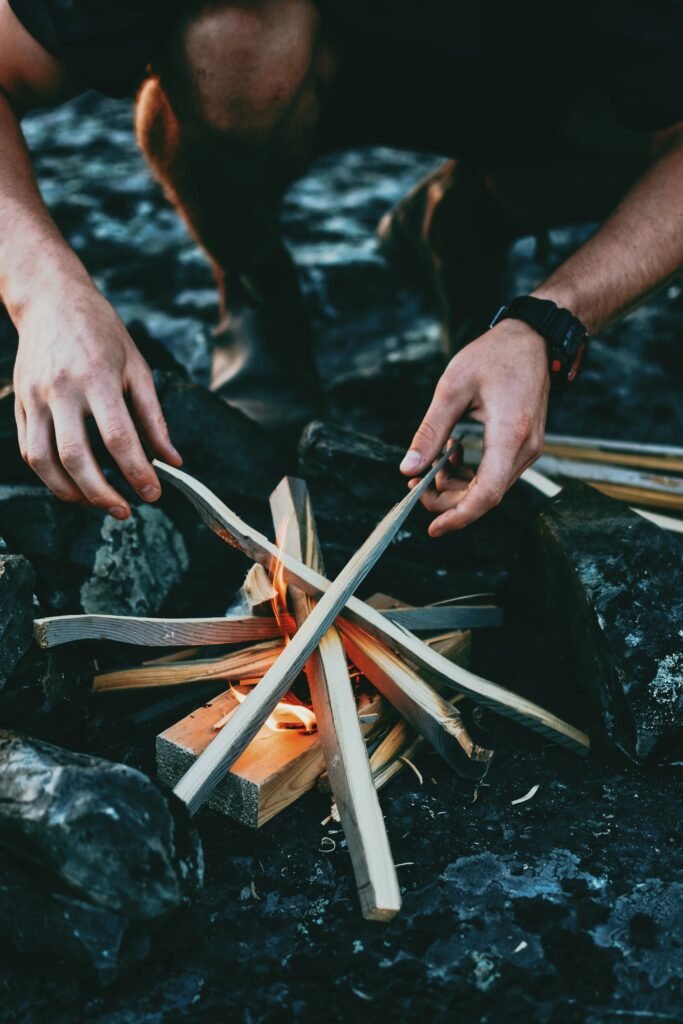
Navigation and Communication
Maps
When exploring unfamiliar areas, reliable maps are essential. Carry detailed maps of the camping area and any surrounding trails or attractions. These maps can help you navigate and ensure you stay on track during hikes or explorations.
Compass
A compass is a vital navigation tool, especially if you plan on hiking or venturing into unmarked territory. Learn how to use a compass properly to orient yourself and determine directions accurately.
GPS or Smartphone with GPS capabilities
In addition to traditional navigation tools, consider using a GPS device or a smartphone with GPS capabilities. These devices can provide real-time tracking, elevation information, and downloadable maps, enhancing your navigation experience.
Whistle
Carry a whistle as a safety precaution. A loud whistle can attract attention and potentially save lives in emergency situations. Teach everyone in your camping group the universal distress signal (three short whistle blasts) in case of separation or emergencies.
Cell Phone and Charger
While camping, it’s important to have a cell phone for communication and emergency purposes. Keep your phone charged and consider bringing a portable charger or a solar charger for recharging in areas without electricity.
Two-Way Radios
Two-way radios are useful for communication between members of your camping group, especially in areas with limited cell phone reception. They provide a convenient way to stay in touch and coordinate activities.
Entertainment and Recreation
Books or Magazines
Pack some books or magazines to enjoy during your downtime at the campsite. Reading can be a relaxing way to unwind while connecting with nature.
Playing Cards or Board Games
Bring playing cards or compact board games to enjoy with your camping companions. These classic entertainment options are a great way to pass the time and create lasting memories.
Outdoor Games (Frisbee, Volleyball, etc.)
Bring outdoor games such as Frisbee, volleyball, or badminton to enjoy at your campsite. These activities promote physical exercise and provide entertainment for both adults and children.
Fishing Gear
If you enjoy fishing, don’t forget to bring your fishing gear and any necessary licenses. Fishing can be a relaxing and rewarding activity while camping near water bodies.
Hiking Gear
If hiking is part of your camping adventure, make sure you have appropriate hiking gear. Good hiking boots, a backpack, water bottles, a compass, a map, and appropriate clothing are essential for a safe and enjoyable hiking experience.
Bicycles or Kayaks (if applicable)
If you have the means to transport bicycles or kayaks, they can provide additional recreational opportunities during your camping trip. Bicycles allow you to explore the surrounding area, while kayaks offer the chance to navigate lakes or rivers.
Campsite Cleanup and Waste Management
Trash Bags
Carry an ample supply of trash bags to properly dispose of any waste generated during your camping trip. Keep the campsite clean and leave no trace by packing out all your trash.
Reusable Food Containers
Consider using reusable food containers to store leftovers or pre-prepared meals. This reduces waste and makes it easier to pack and store food.
Biodegradable Soap
When performing campsite cleanup, use biodegradable soap to minimize harm to the environment. Choose soaps that are specifically designed for outdoor use and are environmentally friendly.
Portable Sink or Washing Station
Maintain hygiene standards by bringing a portable sink or washing station. This allows you to wash dishes and personal items more conveniently, helping you stay clean and healthy throughout your camping trip.
Trash Receptacle or Dumpster
If a trash receptacle or dumpster is available at your campsite, make sure to dispose of your trash properly. Familiarize yourself with the campsite’s waste management guidelines to help maintain a clean and enjoyable environment for all campers.
Safety and Emergency Essentials
First Aid Kit
A well-equipped first aid kit is one of the most important safety essentials to bring on a camping trip. It should contain items such as band-aids, antiseptic ointment, gauze pads, adhesive tape, pain relievers, and any specific medications or treatments you may require. Familiarize yourself with the contents and how to use them.
Emergency Contact Information
Always have your emergency contact information readily available while camping. This allows quick access to important phone numbers and ensures that anyone needing to contact you in case of an emergency can do so easily.
Whistle or Emergency Signal
A whistle or other emergency signaling device can be crucial in situations where you need to attract attention. Teach everyone in your camping group the universal distress signal (three short whistle blasts) in case of separation or emergencies.
Flashlight with Extra Batteries
In case of power outages or emergencies, having a reliable flashlight with extra batteries is essential. Ensure the flashlight is easily accessible and in working condition before your camping trip.
Extra Blankets
Having extra blankets available can provide warmth and comfort in unexpected situations. Pack warm and lightweight blankets that can be easily stored and used as needed.
Waterproof Matches or Lighter
Including waterproof matches or a reliable waterproof lighter is essential for fire-starting in wet conditions. Ensure they are stored in a waterproof container to keep them dry and usable.
Emergency Shelter (Emergency Blanket, Bivy Sack, etc.)
In case of unforeseen circumstances or emergencies, having emergency shelter options such as emergency blankets or bivy sacks is crucial. These lightweight and compact shelters can provide protection from the elements if needed. Familiarize yourself with their setup and usage before your trip.
By being well-prepared with these camping essentials, you can ensure a safe, comfortable, and enjoyable camping experience. Remember to do thorough research about your camping destination and always follow proper camping etiquette, leaving no trace behind. Have a fantastic time exploring the great outdoors!


